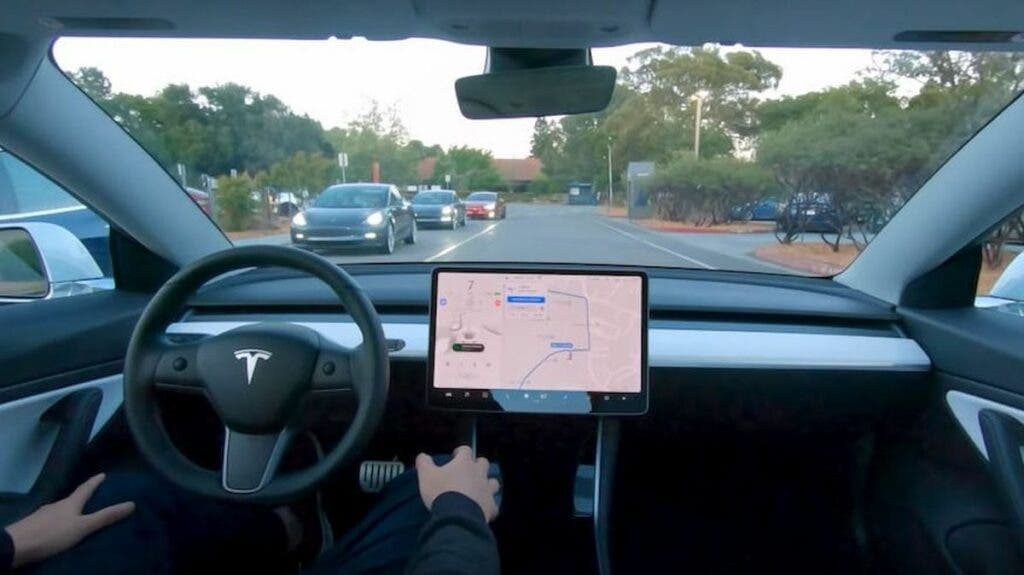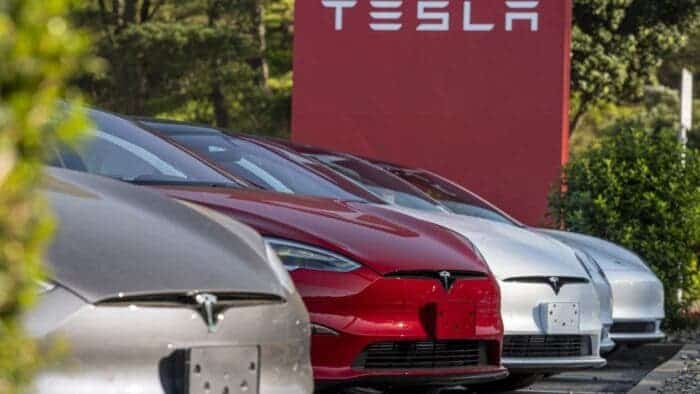According to the National Highway Traffic Safety Administration, Tesla recalled nearly 1.1 million U.S. electric cars. The recall is necessary because the automatic window reversal system may not respond correctly after detecting obstacles. Obviously, this will increase the number of customers at risk of injury. Tesla told the U.S. National Highway Traffic Safety Administration (NHTSA) that an OTA update is coming. The company will release the update to fix the automatic window-reversing system. The recall involves certain 2017 – 2022 Model 3 and 2020 – 2021 Model Y. The recall also includes 2021 – 2022 Model S and Model X vehicles.

However, Tesla claims that it is not aware of any warranty claims or field reports on the failure. The company also claims that there are no collisions, injuries or deaths that relate to the recall. NHTSA is strongly against this malfunction. It claims that users are at risk if the automatic reversing system fails to work. The electric cars do not meet federal motor vehicle safety standards for power windows, NHTSA said.
Tesla tracked the issue on its routine tests
Tesla claims that as part of its routine tests, it identified the issue back in August. Its employees found that the automatic window reversal system had “a larger-than-expected change in response to pinch detection”. The major thing here is that users did not report the issue. Probably, they didn’t even notice the issue. Tesla identified the issue and it is trying to fix it before it causes any harm.
Tesla did some testing of the electric car pinch detection and retraction performance. After extensive additional testing, the results did not meet the requirements of the auto-reversing system. According to Tesla, it will need some modification hence the recall. However, starting on September 13th, electric cars in production will have a software update before delivery. The update will set the power window operation to meet the requirements.
Tesla electric cars have their own fair share of issues. Recall that a user of the Tesla Model S was recently locked out of his vehicle in Canada. This happened because the car completely ran out of power. Unfortunately, after charging, the electric car did not respond. Eventually, the issue was traced to a hardware problem with the battery. Out of frustration, the user had to sell the Tesla Model S at 77,000 miles calling the car “garbage”.





